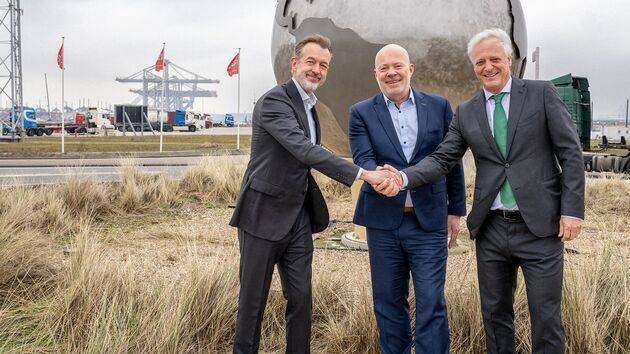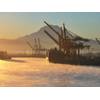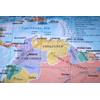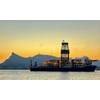Rotterdam World Gateway to Provide Shore Power at All Berths
Rotterdam World Gateway (RWG) container terminal will equip its entire quayside with shore-based power for all vessels, slashing emissions of particulates, nitrogen and CO2 while at berth.
RWG, which is already fully automated and CO2 neutral, is opting to design, finance and build the shore-based power systems itself.

The first berths are expected to be equipped with shore-based power from 2026 onward, placing RWG ahead of European regulation stipulating that all container, passenger and cruise ships larger than 5,000 gross tonnes in European ports must use shore-based power by 2030.
Ronald Lugthart, CEO of RWG, "The investment in shore-based power is a crucial part of RWG’s investment program, the aim of zero-emission storage and handling of containers. Together with our clients and other stakeholders, we are creating possibilities to achieve this strategic goal in the near term using shore-based power and other facilities to support the energy transition."
Boudewijn Siemons, CEO & Interim COO of the Port of Rotterdam Authority, said, "We are very pleased with RWG’s decision to invest as the first European deep-sea terminal operator in shore-based power. Shore-based power is an important and necessary aspect of the energy transition. Ships ‘plugged in’ when berthed ensure better air quality and a reduction in noise pollution. This represents a further contribution to greater sustainability of the supply chain that runs through Rotterdam for the clients we share in common."
The Port of Rotterdam Authority and RWG have signed a letter of intent that includes agreements to share knowledge and data concerning the construction and use of shore-based power and the necessary civil-engineering works to quay walls and fenders that this requires.
The municipality of Rotterdam and the Port of Rotterdam Authority are working together to accelerate and scale up shore-based power for sea-going vessels. The aim is that by 2030 a large percentage of seagoing vessels will be ‘plugged in’ when at berth. Together with enterprises in the port, as well as the shipping companies, a series of projects will be initiated over the coming years to accelerate and expand shore-based power.
Related News



